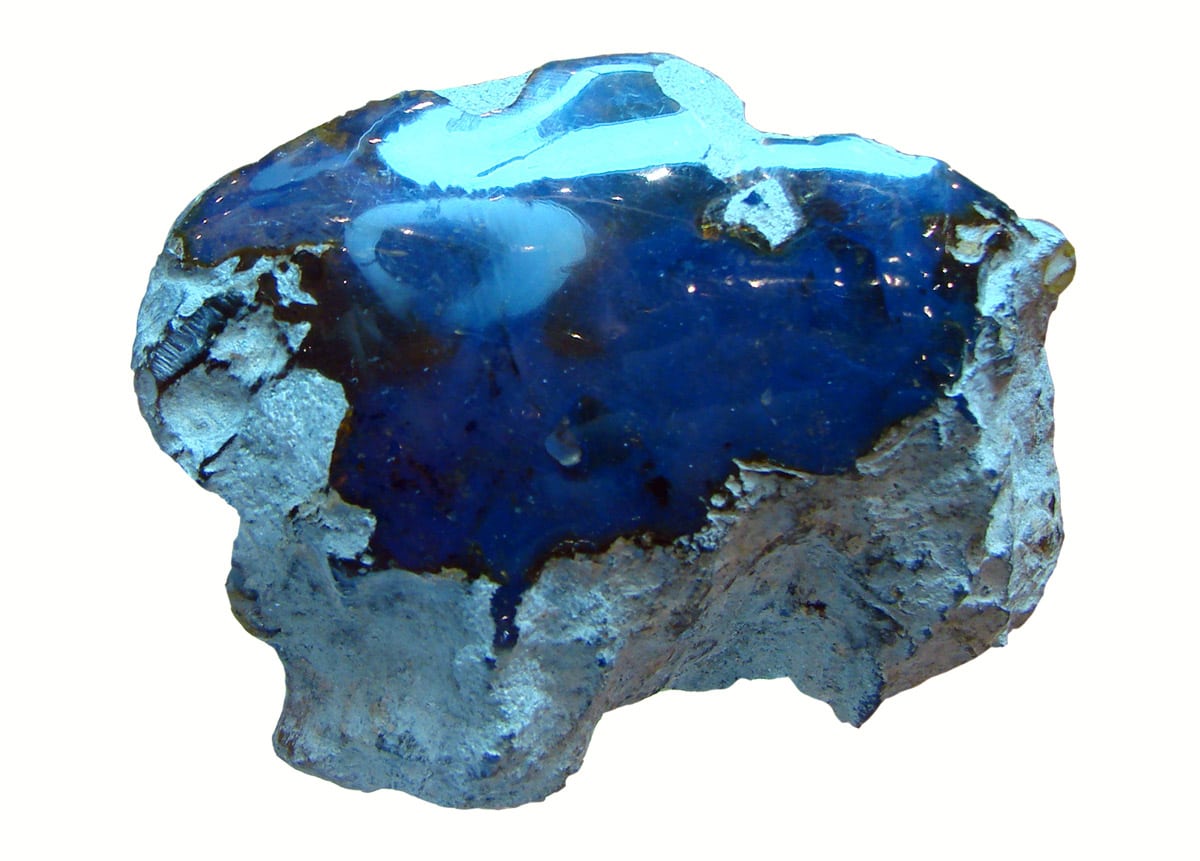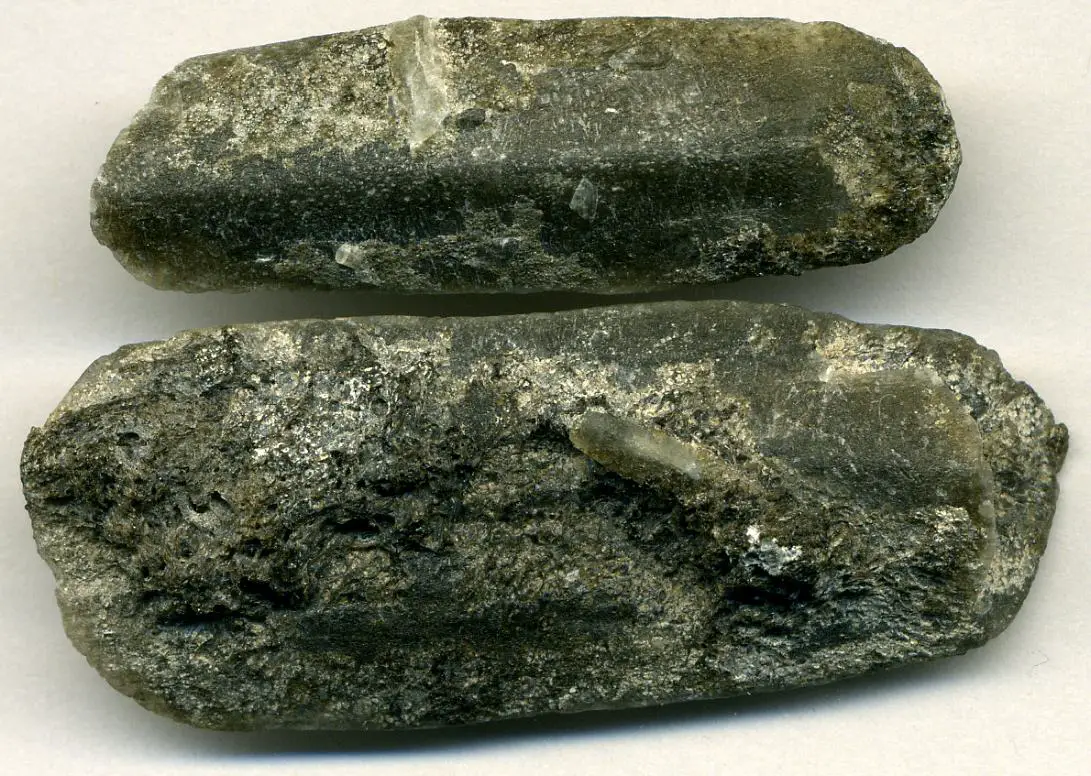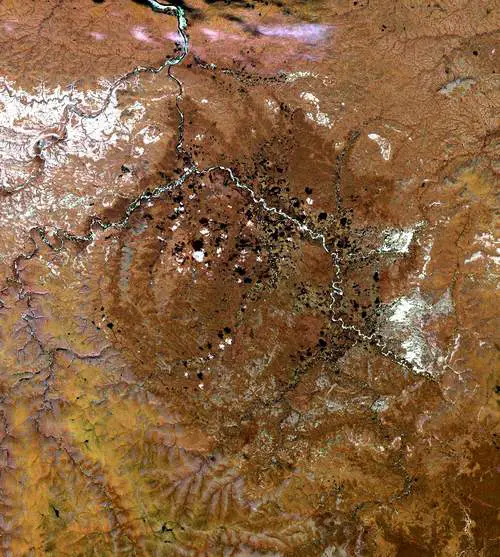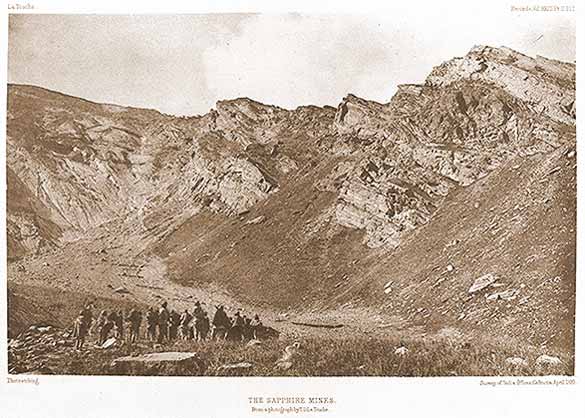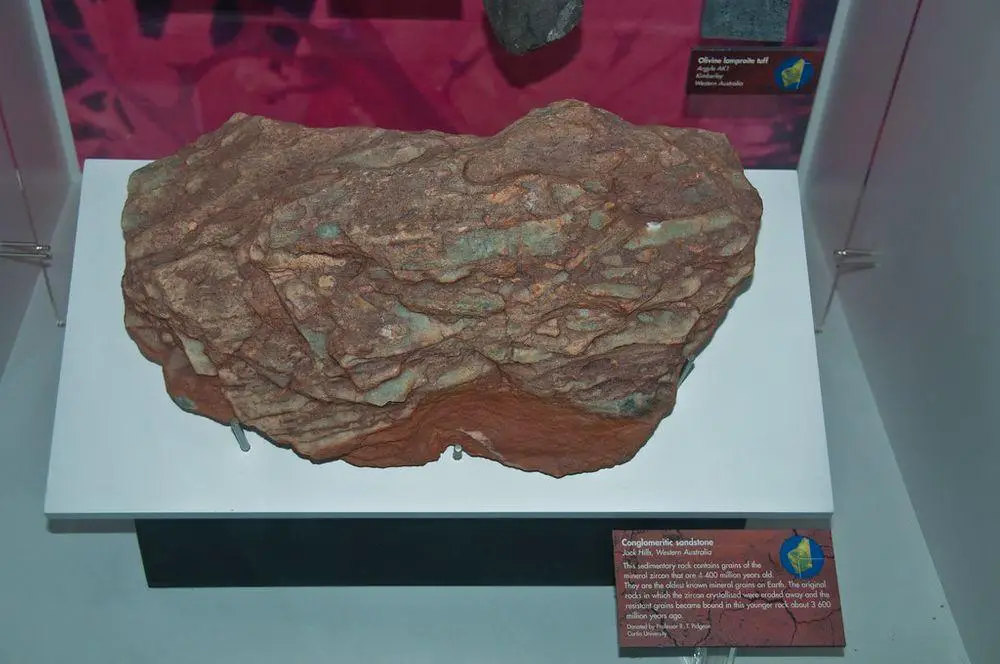Wondermondo 🢖 Categories of wonders 🢖 Geological wonders 🢖 Rare natural materials
Category
Rare natural materials
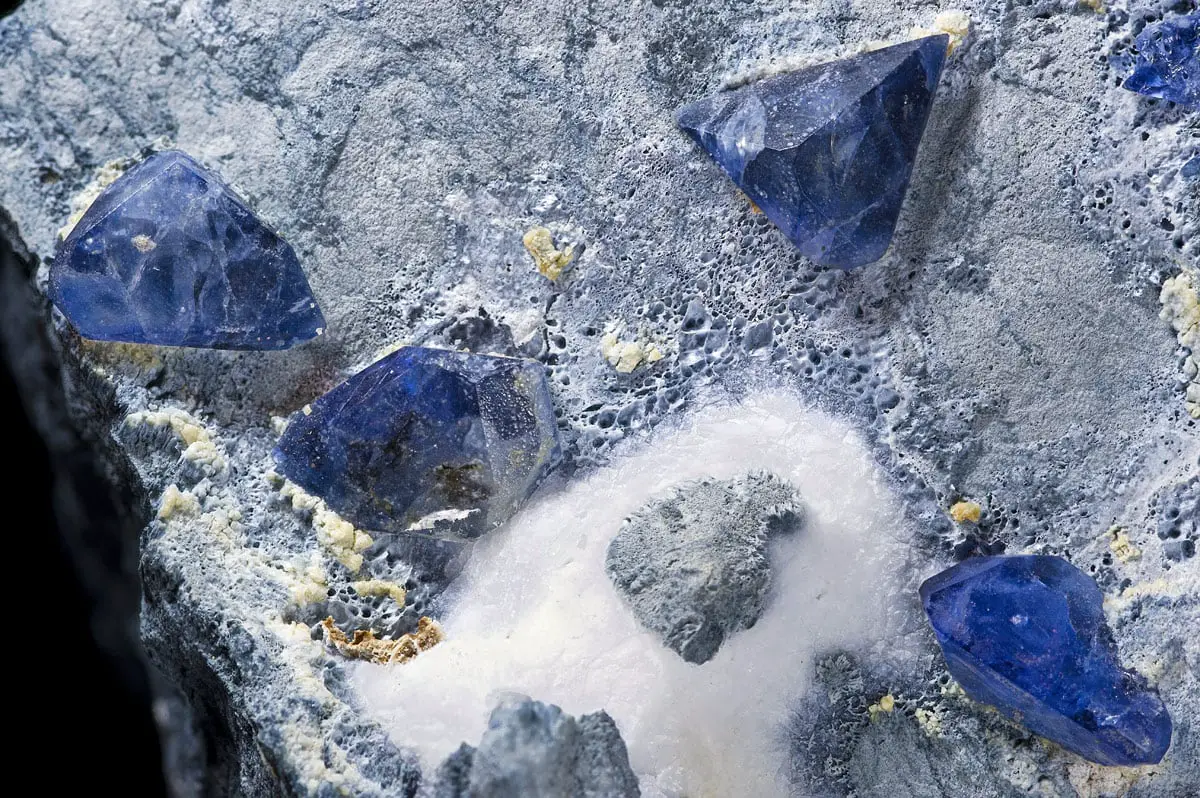
 Described finds of rare natural materials
Described finds of rare natural materials
If you see this after your page is loaded completely, leafletJS files are missing.
 What is included in this category?
What is included in this category?
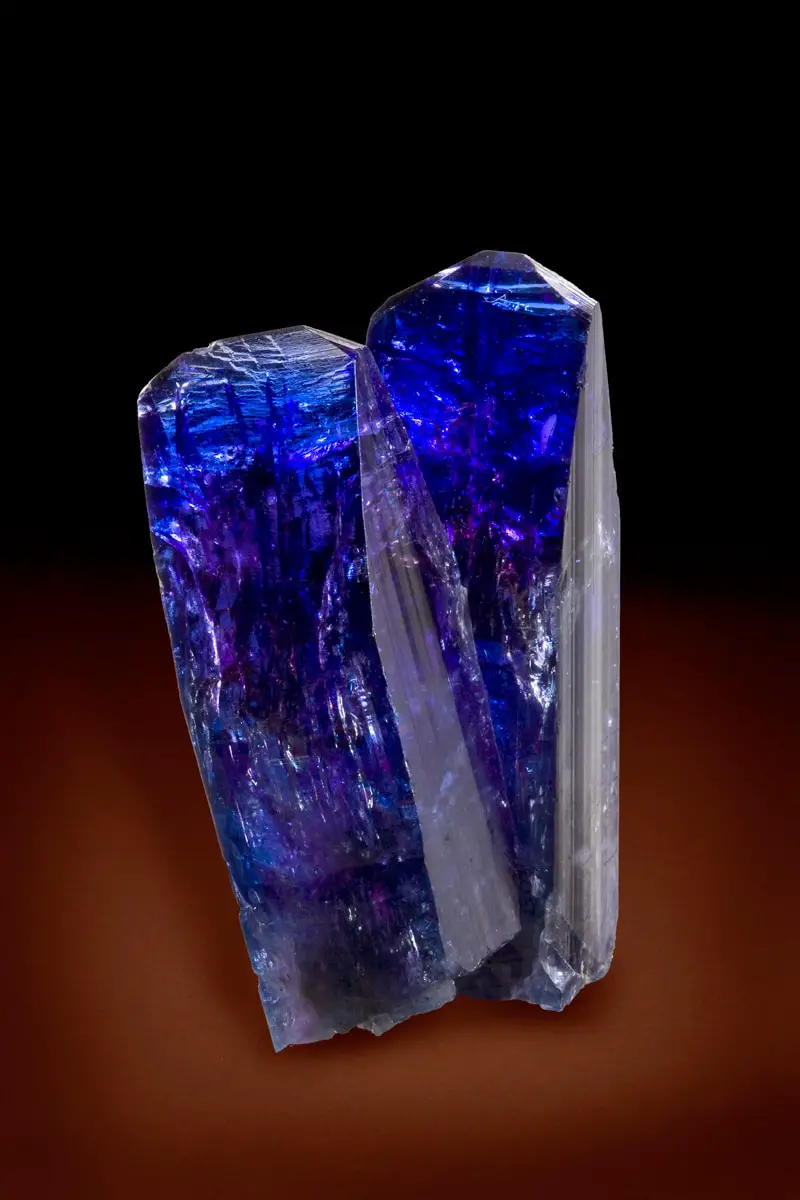
There are places in the world, where one can find such materials which are not present anywhere else on Earth – or can be found just in a few places.
Such landmarks are included in this category – category of rare natural materials. There is also separate category for the most interesting gemstone finds on Earth.
Diversity of rare natural materials and their finds is very high and it is even hard to provide comprehensive classification of these landmarks. Some groups though can be singled out:
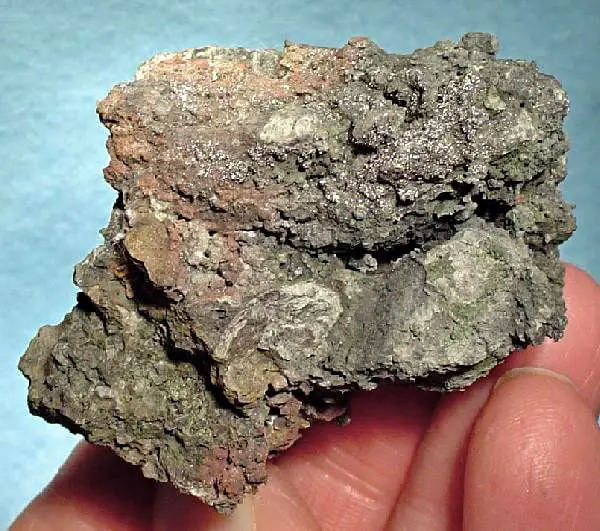
- Locations with high mineral diversity. In some locations complex geological history and several coincidences have led to very high mineralogical diversity. One of the best known is Franklin Mine in United States with more than 350 minerals present, Mont Saint-Hilaire in Canada has at least 366 minerals.
- Unique and very rare mineral finds. Most of the more than 4500 minerals (and even more varieties) are very rare. Many have been found just in one location – but some of these are very interesting. Thus, fumaroles in Kudriavy Volcano in Kurile Islands, Russia, are producing crystals of the only rhenium containing mineral – rheniite.
- Materials in extreme environments. At low temperatures, high pressure, extreme dryness can exist natural minerals, which in common circumstances would not form and exist. Thus, in Yungay (Chile) can be found sediments of nitrogen compounds (possibly formed by lightning), which can exist only due to the extreme dryness.
- Giant crystals. Crystals of some minerals can reach incredible size. Thus selenite crystals in the Cave of the Crystals (Mexico) are up to 12 m long, but in Verloren (Namibia) the largest quartz crystals could be even 50 m long!
Subcategories
Rare natural materials have the following subdivision:
Articles about the finds of rare natural materials
 Top 25 fonds of rare natural materials
Top 25 fonds of rare natural materials
Africa
Ol Doinyo Lengai
Tanzania
The only known carbonatite volcano in the world (except for the neighboring Kerimasi volcano). The volcano produces natrocarbonatite lava with nearly unique minerals – nyerereite and gregoryite. Lava flows at very low temperatures at 500 – 600 ° C. Carbonates react with the moisture of the atmosphere and quickly turn white, creating a unique volcanic landscape. Here in a steep cone has been observed the formation of a new, nearly unique lava cave with enormous stalactites of fragile natrocarbonatite.
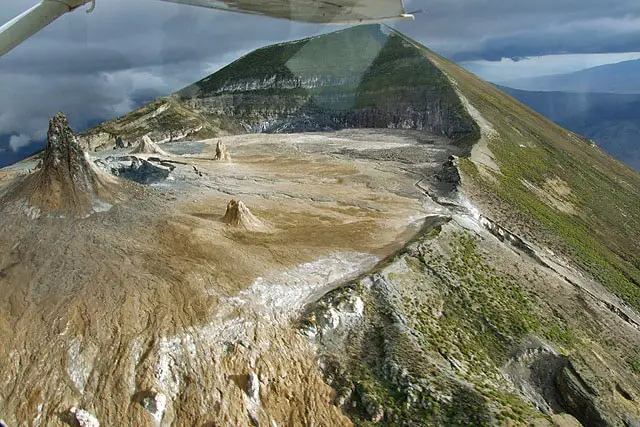
Kediet ej Jill
Mauritania
Large mountain, the tallest peak in Mauritania. The whole mountain consists of magnetite and has a bluish color. The area has a strong magnetic field.
Orbicular Koppie
South Africa
Granite outcrop that consists of rare and decorative variety – orbicular granite.
Giant crystals in Verloren
Namibia
Verloren quartz ridge is formed of giant quartz crystals that certainly reach 20 m in length but could be even 50 m long. In some places there are caves formed in sites where giant dolomite crystals have weathered away, leaving voids in even larger quartz crystals. Other minerals also have formed enormous crystals – tremolite needles are up to 20 m long, and calcite crystals are up to 1 m long.
Merelani Hills – the only find of tanzanite
Tanzania
World’s only find of tanzanite – unusual, deep blue gemstone.
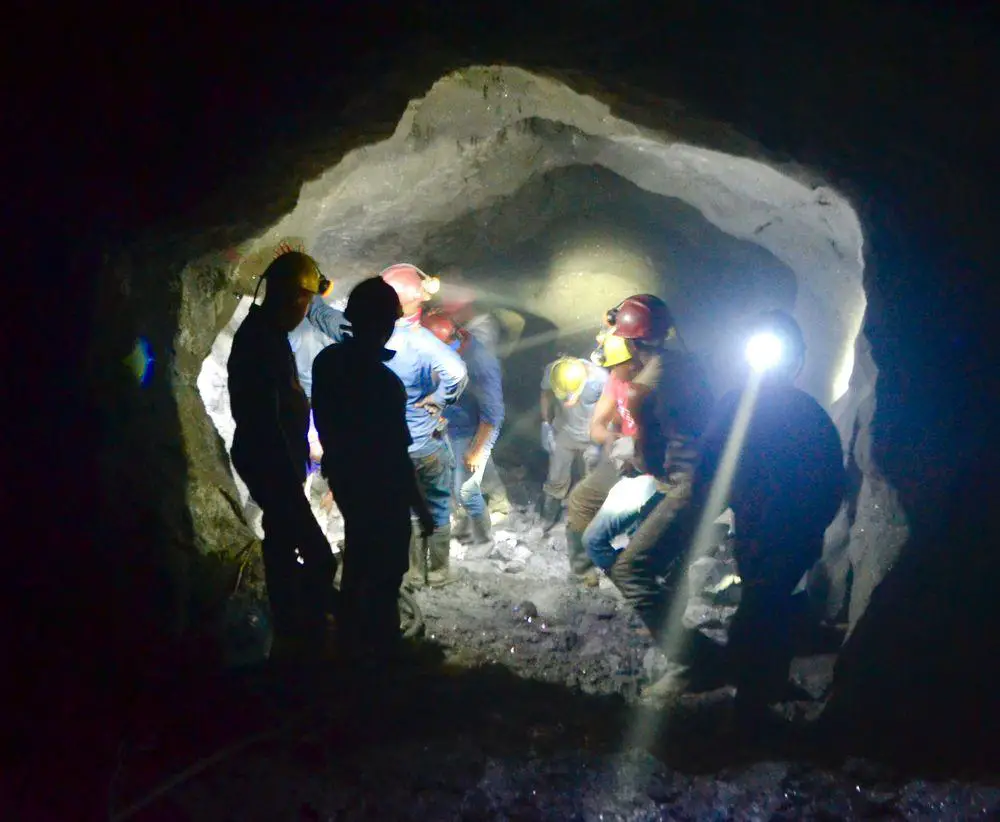
Kakanda malachite caves
Democratic Republic of the Congo
Caves lined with highly unusual malachite stalactites. There are found unique malachite crystals that are up to 2 cm large.
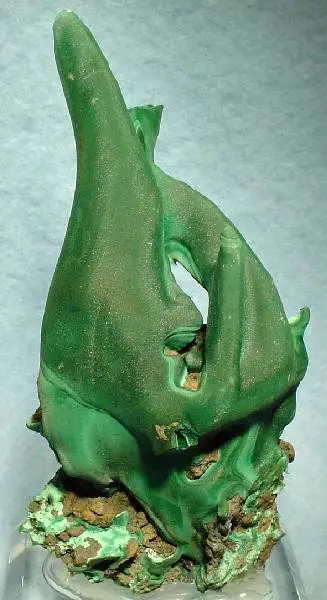
Silica Glass Valley
Egypt
On the western side of the Great Sand Sea can be found pieces of pure, transparent silica glass (Libyan Glass) – the only such find in the world. The largest pieces are up to 26 kg heavy. It has been used as a jewel already in Ancient Egypt. Possibly created by the impact of a large meteorite.
Antarctica and Subantarctic islands
Mount Erebus – the southernmost active volcano
Antarctica
One of the few constantly glowing lava lakes in the world. Here are found large anorthoclase crystals in the center of the caldera of the volcano.
Asia
The old Persian turquoise mines near Nishapur
Iran
Ancient, more than 2000 years old mines of turquoise, considered to provide the best quality turquoise in the world. Mine is closed now.
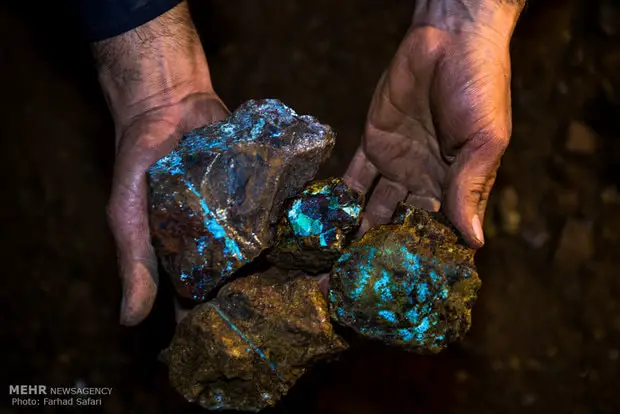
Ladzhuar-Dara lazurite mine
Tajikistan
Legendary, nearly inaccessible, and for long centuries secret mine of high-quality lapis lazuli – lazurite. It is extremely hard to access, thus adding value to this gemstone. Rediscovered in the 1930ies.
Sar-i Sang lapis lazuli mines
Afghanistan
For several millennia here is mined the best lapis lazuli in the world.
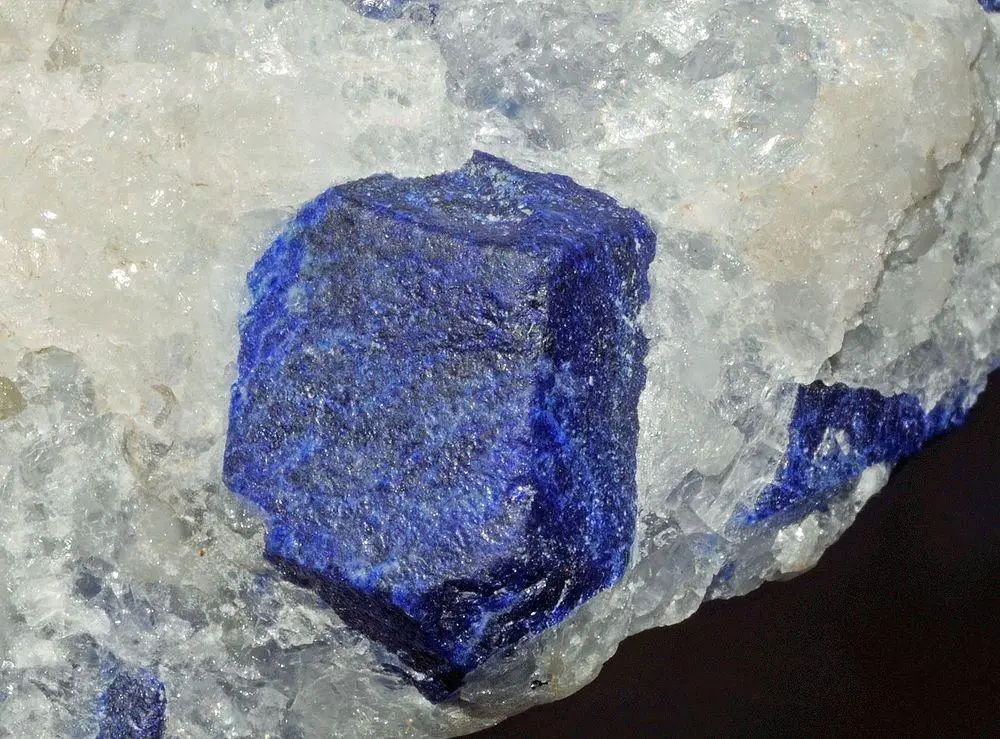
Popigai crater
Russia
One of the largest impact craters in the world, with a diameter of 100 km. Created approximately 35.7 million years ago (Eocene) by a 5 – 8 km large bolide. Here are found up to 1 cm large, very hard diamonds created by the impact.
Panjshir emeralds
Afghanistan
Rich find of some of the best emeralds in the world.
Laghman Pegmatites (Nilaw, Mawi, Korgal)
Afghanistan
Finds of the best known kunzite and other types of spodumene crystals (gemstones up to 1 m long), as well as tourmaline (possibly the best elbaite in the world), beryl (morganite, aquamarine, and other types), garnets and other gems.
Kashmir sapphire mines: source of the best blue sapphire
India
Now legendary, abandoned sapphire mines where the best sapphire in the world was mined.
Merit Pila lignite mine
Malaysia
In this lignite mine, the largest known pieces of amber are found. The largest extracted piece was 3.5 m long, 1.5 m wide and some decimeters thick, but layers of amber in the lignite are even 130 m long.
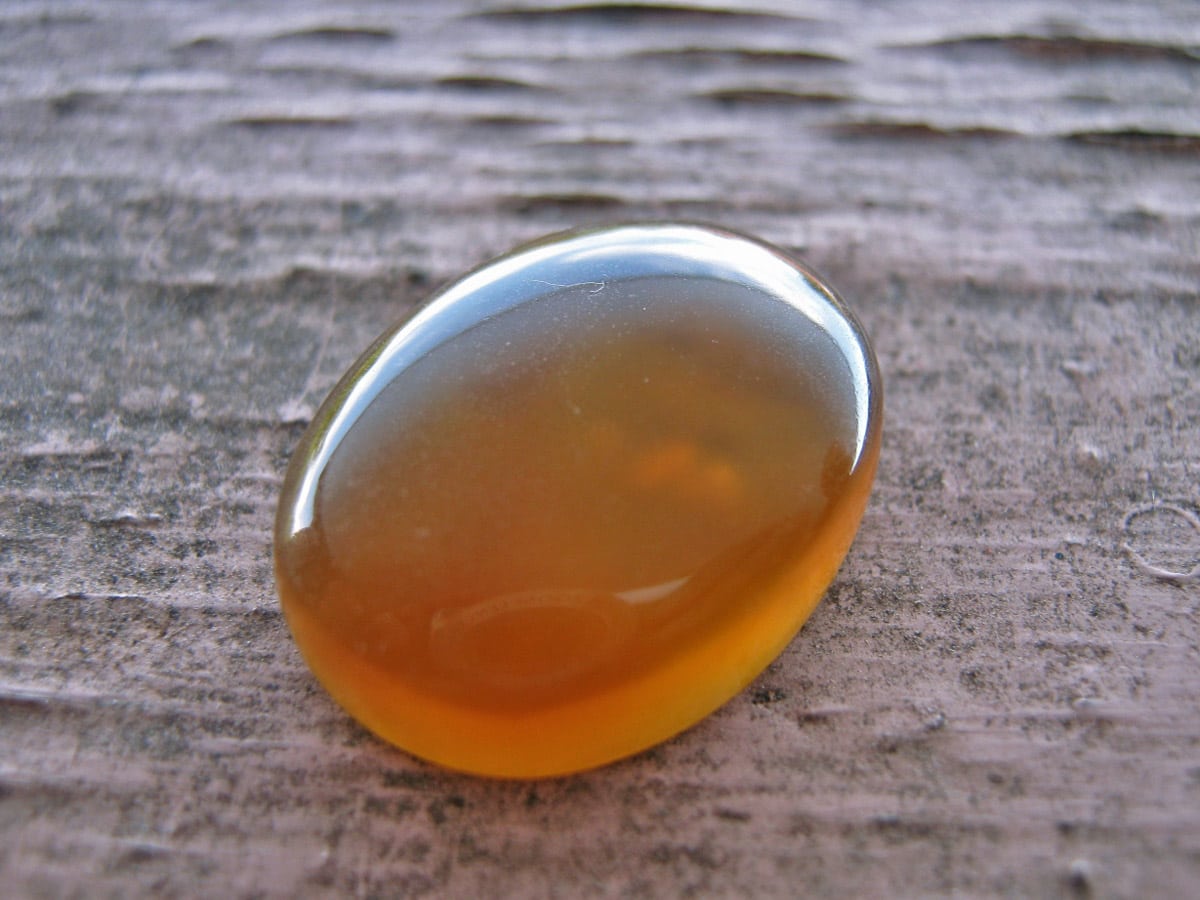
Kukh-i-Lal mine
Tajikistan
Ancient mines that are up to 50 m deep. The best find of gemstone quality clinohumite – transparent stones in the color of fire. Clinohumite here is found together with another very valuable gemstone – spinel – that was mined here since the 8th century AD.
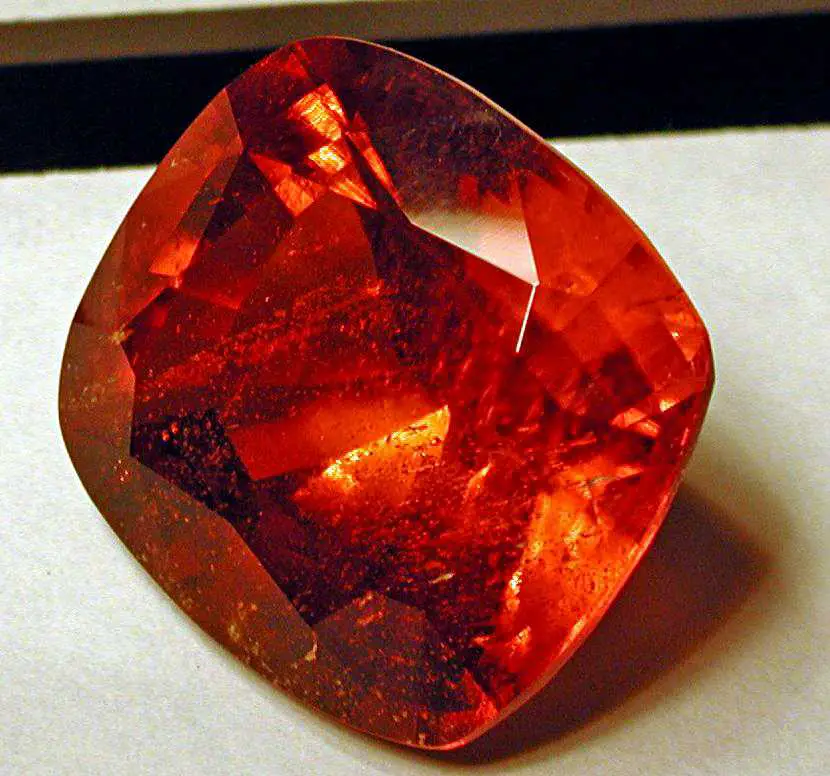
Talesh-Mahalleh
Iran
An area with the highest natural background radiation in the world that might exceed 260 mSv and is 200 times greater than normal background levels. This is caused by highly radioactive springs and deposits of uranium and thorium.
Australia and Oceania
Zircons of Jack Hills
Australia
The oldest known terrestrial material on the surface of Earth, these crystals of zircon formed some 4.4 billion years ago. The oldest crystal was found on Erawandoo Hill – 4,404 million years old. Exploration of this material provides new information about the early history of Earth.
Europe
Alum Bay
United Kingdom
Bay with amazing rock exposure consisting of multicolored sand. Sand strata are folded in a such way that they stand vertically and thus, walking along the beach, the color of the sand is changing in diverse hues.
North America
Naica Cave of the Crystals
Mexico
Cave with giant selenite crystals up to 12 meters long and 55 tons heavy. The air temperature in the cave is up to 58 °C high. Now flooded.
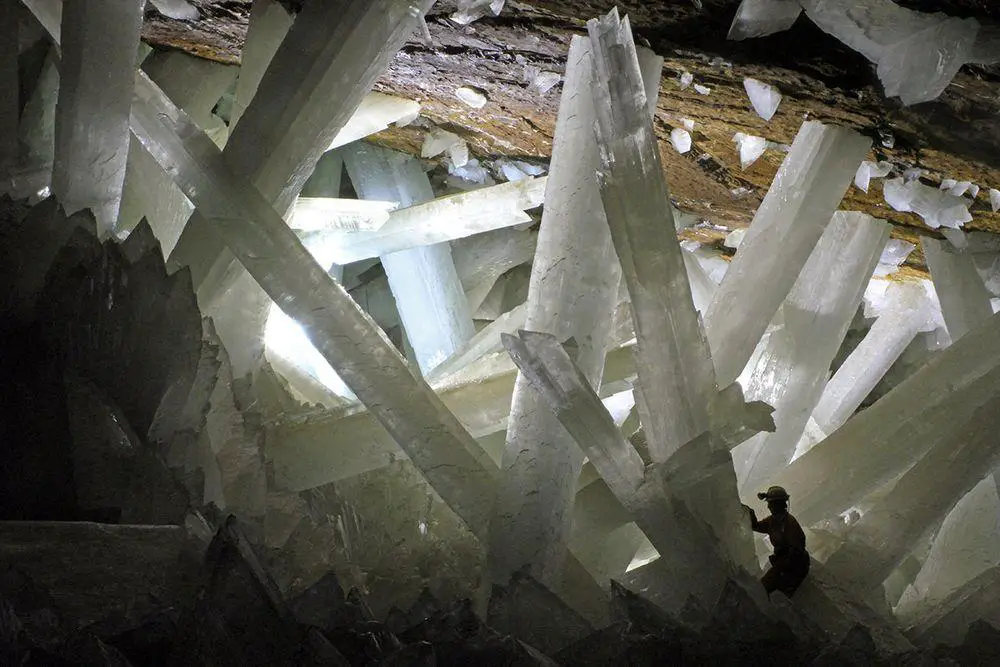
Ikaite tufa columns in Ikka Fjord
Greenland (Denmark)
Almost unique phenomenon – submarine tufa columns created by cold seeps from submarine springs. Columns are formed of ikaite – an unstable mineral that disintegrates in temperatures above 6 – 7 ° C. In total there are more than 600 such columns up to 18 m tall.
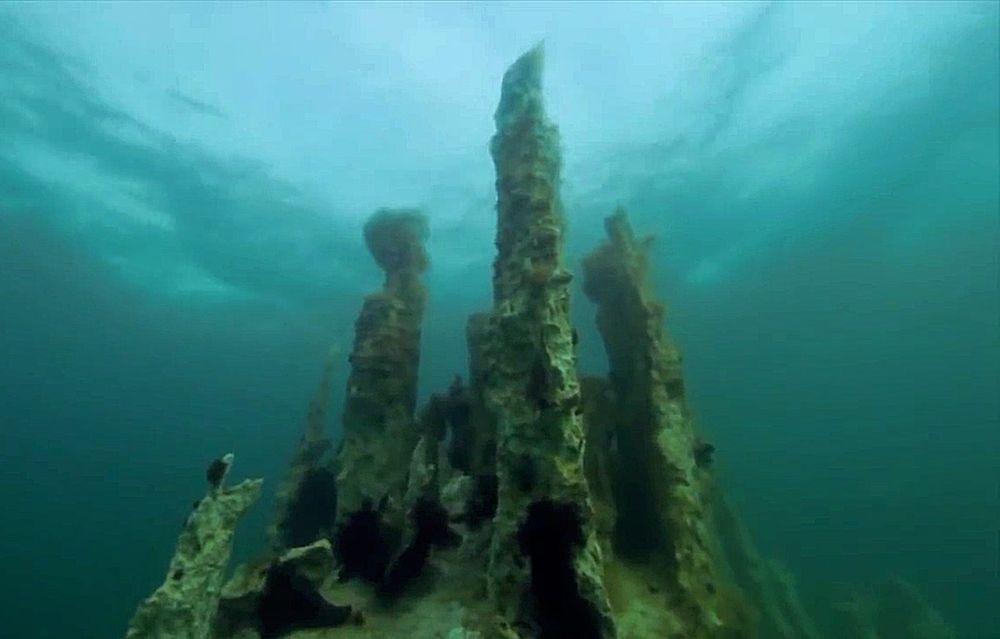
Mont Saint-Hilaire
Canada
414 m tall mountain with one of the last stands of primeval forest in Saint-Lawrence valley. Mountain has very high mineral diversity, here have been found 366 minerals, and many are unique or near-unique to this site. Here was discovered poudretteite – seven pieces of this beautiful gemstone have been found on this mountain. A legendary site, known also thanks to frequent observations of UFOs.
Find of Olmec blue jadeite, Río El Tambor
Guatemala
The only place in the world where is found blue jadeite. This stone was the most valuable material for the Olmec civilization.
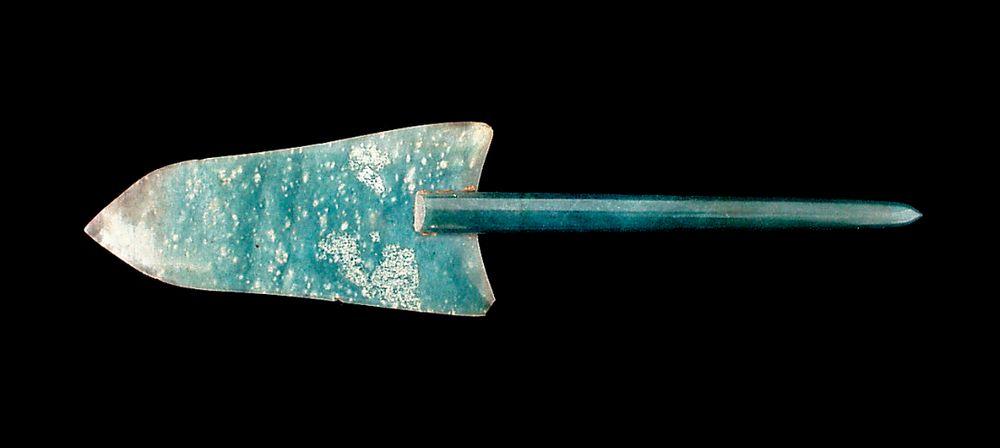
 Recommended books
Recommended books
Rare: The High-Stakes Race to Satisfy Our Need for the Scarcest Metals on Earth
How will your life change when the supply of tantalum dries up? You may have never heard of this unusual metal, but without it, smartphones would be instantly less omniscient, video game systems would falter, and laptops fail. Tantalum is not alone. Rhodium. Osmium. Niobium. Such refugees from the bottom of the periodic table are key components of many consumer products like cell phones, hybrid car batteries, and flat-screen televisions, as well as sophisticated medical devices and even weapon systems.
A Guide to Finding Gemstones, Gold, Minerals & Rocks
Follow in the footsteps of successful gem and gold hunters and search the hills for rough diamonds, colored gemstones, lapidary minerals, precious metals, and interesting minerals and rocks. Written for the geoscientist, prospector, and rockhound; the first part of the book focuses on the physical characteristics of gems and minerals.

